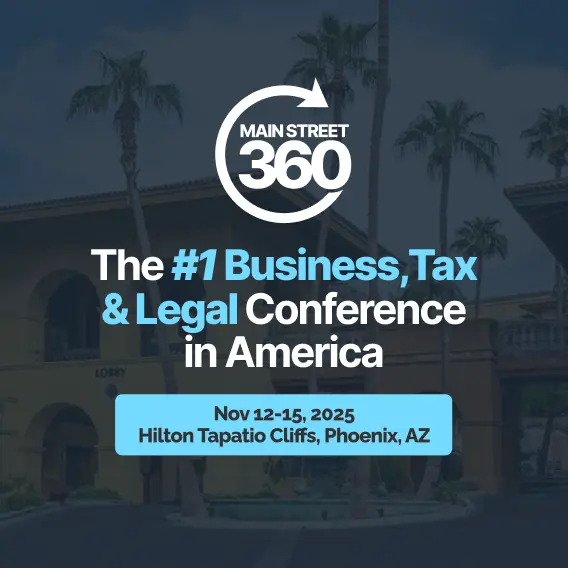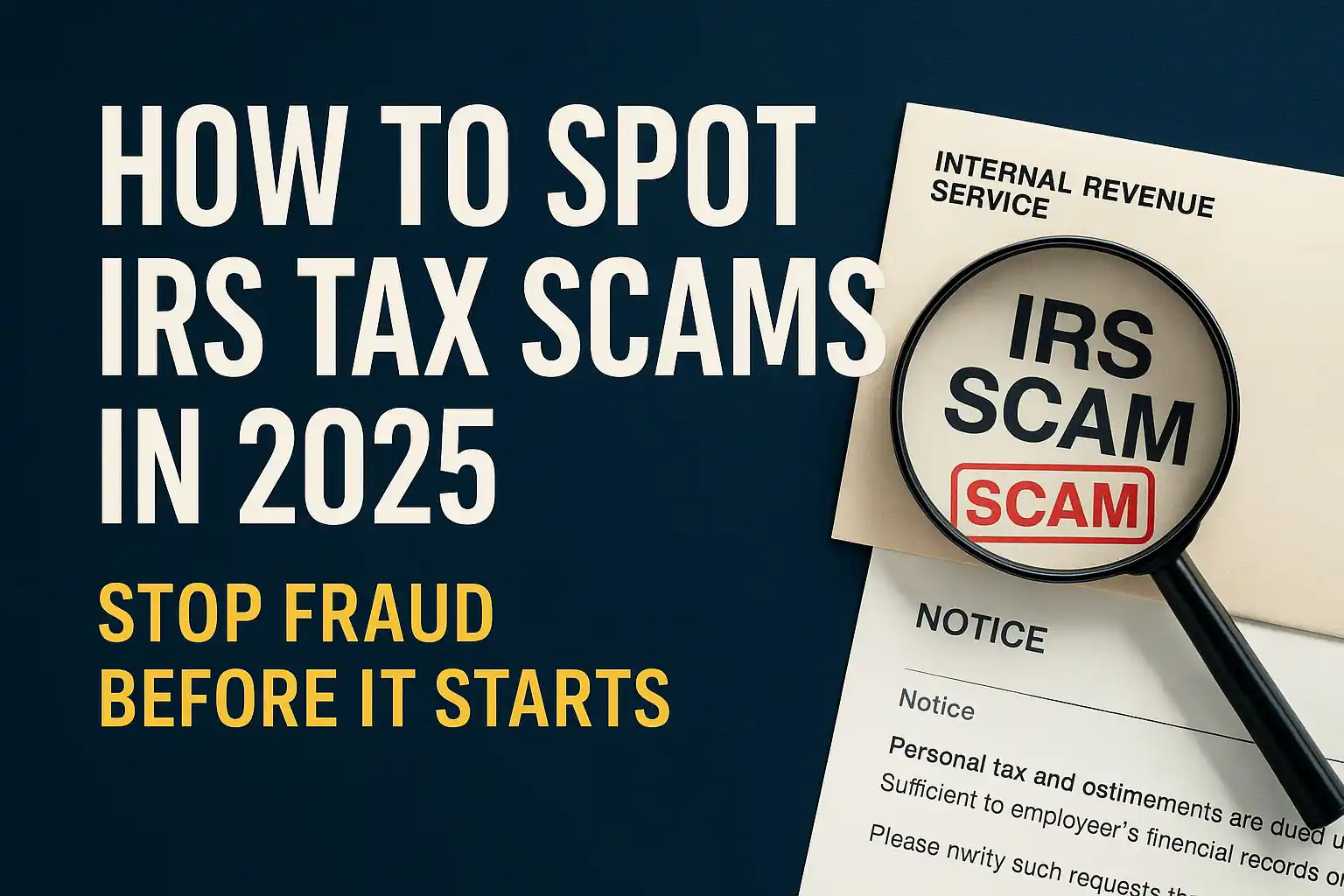Choosing the State in which to set-up your corporation or LLC is actually a very straightforward decision. Don’t let someone talk you into setting up your new entity in Nevada, Delaware, Wyoming or Utah…just to name a few. Even if they promise unlimited LLCs, or saving state taxes, they’re more than likely selling you something you don’t need.
Now…there ARE times when setting up an entity in those states (listed above) could make sense, but the strategy is definitely oversold to new business owners or real estate investors. Let me breakdown your options and you’ll be surprised at how easy the decision really is.
The Operational Entity
This is the situation in which you are ‘operating a business’ (not a rental property). Think about a restaurant, Dentist, Realtor or Broker, Landscaper, Attorney, CPA, Barber or Hair stylist, etc… The simple straightforward solution, is that you set up the entity IN THE STATE you are operating within. For example, you are a realtor in California, then you set-up a California entity (sorry you’re not getting out of the $800 min Franchise Tax)…and if you’re a landscaper in New Jersey, then you set-up your entity in New Jersey!!
Now I know you may think that if you are in New Jersey, can’t I just set-up a Florida LLC, and I can save state tax…or I’m in California and I can set-up a Nevada entity and avoid California income tax. WRONG on both counts! New Jersey and California are going to want their state tax and they don’t care where you set up your entity. If you live in NJ, your clients are in NJ, your employee are in NJ, and you perform your business in NJ, then you are going to pay NJ tax and set-up a NJ entity! There is NO WAY around the state tax when you live in and run an operational business in that state…as tempting as it may be to live in Oregon and try to register your entity in Washington…it won’t work. (I actually clerked for the Supreme Court Justice for the Oregon State Tax Court and assisted in countless cases of taxpayers trying to dodge state tax…wow what a lesson I learned on the front lines of tax law).
Oh!!! But Mark, forget state tax! Can’t I get better asset protection by setting up my entity in Nevada when I’m doing business in Arizona? No. You can’t. Let me get this straight…you live in AZ, your customers and employees are in AZ, your business location is in AZ, but you’re telling me if a customer comes into your restaurant and slips and falls, you’re going to be more protected in AZ with a Nevada entity? WRONG! An Arizona court is going to apply Arizona law in the lawsuit by the customer.
A word for the naysayers. Please note…I am not talking about protecting a piece of real estate in AZ (in the preceding example). I’m not talking about protecting your building or rental property in NJ or any other state for that matter. I’m talking about your operational business and what we are trying to do IS protect YOU, the business owner, from a lawsuit occurring from the operations of your business. This business does NOT own any assets of substance in this example. It’s an operational business!!
Now I know you naysayers are going to say, well…we set up in NV and then register ‘Foreign’ in Arizona or Texas or wherever you do business. So let me get this straight…again…now I’m paying to maintain an entity in Nevada, and then registering it ‘foreign’ to do business in another state when it does me NO GOOD to be set up in Nevada? That’s what I thought. It doesn’t make sense.
The only people selling this strategy, sell it in bulk to everyone and ARE NOT holding an actual consultation between YOU the customer and an attorney with a fiduciary duty to do what is BEST FOR YOU…they are a sales machine taking advantage of people. Watch out!
The Online Business
Now this gets a little trickier. Not because the answer is any different, but it’s because the business owner thinks that because they don’t have employees, don’t have a store front, don’t carry inventory in their garage AND don’t have a commercial location or mailing address…they are NOT doing business in the state they live in. They think because they are in their basement in their underwear selling products online, running an affiliate program AND all of their sales are on the web…they aren’t doing business in their basement- WRONG.
If the state tax commission in your state discovers that you are sitting on your laptop in your basement, on your kitchen table, or at the local Starbucks, you are STILL doing business in your state…EVEN IF all of your sales are online and you don’t carry inventory, but drop ship. If your accountant is telling you otherwise and signing your tax return, be happy you have a licensed CPA carrying malpractice, because if you get audited you can sue your accountant for the penalties and interest.
However, if you are filing your OWN tax return, after setting up your entity in a non state tax state, or relying on a non-licensed tax preparer not carrying insurance, you have been warned. You are NOT saving state tax, but evading them and you will pay a heavy price if you get caught.
If you want to save state tax with your online business, move to one of the non state tax states (Alaska, Florida, Nevada, South Dakota, Texas, Wyoming, Washington, including New Hampshire and Tennessee in this example). That’s the only way around it. I even helped a client last year move to Puerto Rico…talk about saving taxes!! But yes, he actually had to MOVE there…not just say he did.
Rental Property
This is even an easier question to address than that of an operational business. Simply stated: 9 out of 10 times, a rental property owner should set up the entity in the state where their rental property is located…NOT where they live. For example, I live in Arkansas and I have a rental in Texas…as such, I set up an entity in Texas.
Sometimes it’s financially efficient to set up one entity to hold rentals in more than one state and register the entity in multiple states (as a foreign entity). For example, I live in Arkansas and have a rental in Texas AND in Georgia. I may want to still set-up that Texas entity, but also register it to do business in Georgia (foreign) and thus use the LLC in two states. This strategy is used essentially to save money on the cost of two (2) LLCs.
There are also instances where a real estate investor actually needs greater asset protection than simply one entity in the state where have a property. This is the exception not the rule (See the COPE Asset Protection Strategy below).
Again, for 90% or more of real estate investors, we set-up the entity were the property is located. That’s what I even personally do. I own a law firm that could easily set-up an extra entity for me when needed for an elaborate structure, BUT I only go down that path when absolutely necessary. Thus, if I buy a rental in Illinois, then I typically set-up an entity in Illinois to hold that rental.
The reason why I take this sensible approach in my opinion? Not because I’m reckless or throw caution to the wind. It’s because I am frugal and want to keep things simple and efficient whenever possible. But also, there is a basic legal principle that underlies this position take by our law firm, as well as many other reputable law firms across the country:
If I own a rental in Wisconsin, then my tenant is in Wisconsin, I pay property tax in Wisconsin, and if the tenant or their guest gets hurt at the rental property IN Wisconsin, which state law is going to be applied by the Court in the lawsuit? Delaware? Nevada? WRONG… Wisconsin!
I don’t know how the scam artists pull this off with a brand new real estate investor that doesn’t have a lot of equity to protect. I suppose they scare or trick them into setting up in a state other than the one where the rental is located. It’s our law firm’s position they are wrong in what they are doing. If a real estate investor is buying their first, second or even third rental property and have more cash flow than equity, they don’t need to go over the top with their structure. Keep it simple and expand the structure down the road. There’s no rush.
The COPE Strategy for Maximum Asset Protection
Now we can talk about setting up an entity in one of the Charging Order Protection Entity (“COPE”) states (yes…Nevada, Wyoming, Utah, Delaware and others). This is when we will either set up multiple entities, OR register an entity first in a better state for asset protection and then register it ‘foreign’ in the state where the property is located. However, this is NOT for everyone.
The COPE or multi-entity structure will obviously cost more to implement and maintain, and is also more complex. This is a strategy for those that have real estate or assets of significant value and they want to add more layers NOT to protect themselves, but to protect the asset(s). For a more in-depth article on this topic see “What is a COPE for Asset Protection”.
I actually love this strategy and we use it in our law firm almost every day for clients around the country, BUT ONLY for those that need it. That’s the difference! And I know that other law firms share this same integrity (remember a non-lawyer should NEVER be advising you or setting up your entity). However, there are many incorporation services or asset protection companies that sell this advance strategy to EVERYONE that comes in their cross hairs. In my opinion, it is highway robbery and needs to stop.
So where is the breakeven or the point this strategy should be considered? In our opinion, it’s typically when an investor has 500k – 1M in assets or more…but some clients may have a lower or higher threshold. It’s ok…it’s your call when you feel you need more asset protection. BUT DON’T think that this is the RIGHT or CORRECT strategy for you or anyone. It’s just a strategy and it depends on YOUR situation.
In Summary
I hope the criteria I set forth above, and truly what we use in our law firm every day applying it to our client’s situation, will also help you. But it’s not for the purpose of encouraging you to set up your own entity online. Please be careful setting up your own entity without the assistance of a lawyer in hopes that you get it right. Pay a few extra dollars to speak with an attorney that will give you the BEST strategy that fits your situation. An attorney has the fiduciary duty to do what’s best for you.
Remember, you are the captain of your ship! Knowing these rules above will hopefully give you the basic principles to alert you if one of your “officers on your ship” is misguiding you. There’s nothing wrong questioning your professional when it doesn’t feel right in your gut. Get a second opinion if you feel uneasy. Our lawyers here at KKOS Lawyers are available to help you guide your ship into safe and profitable waters.










